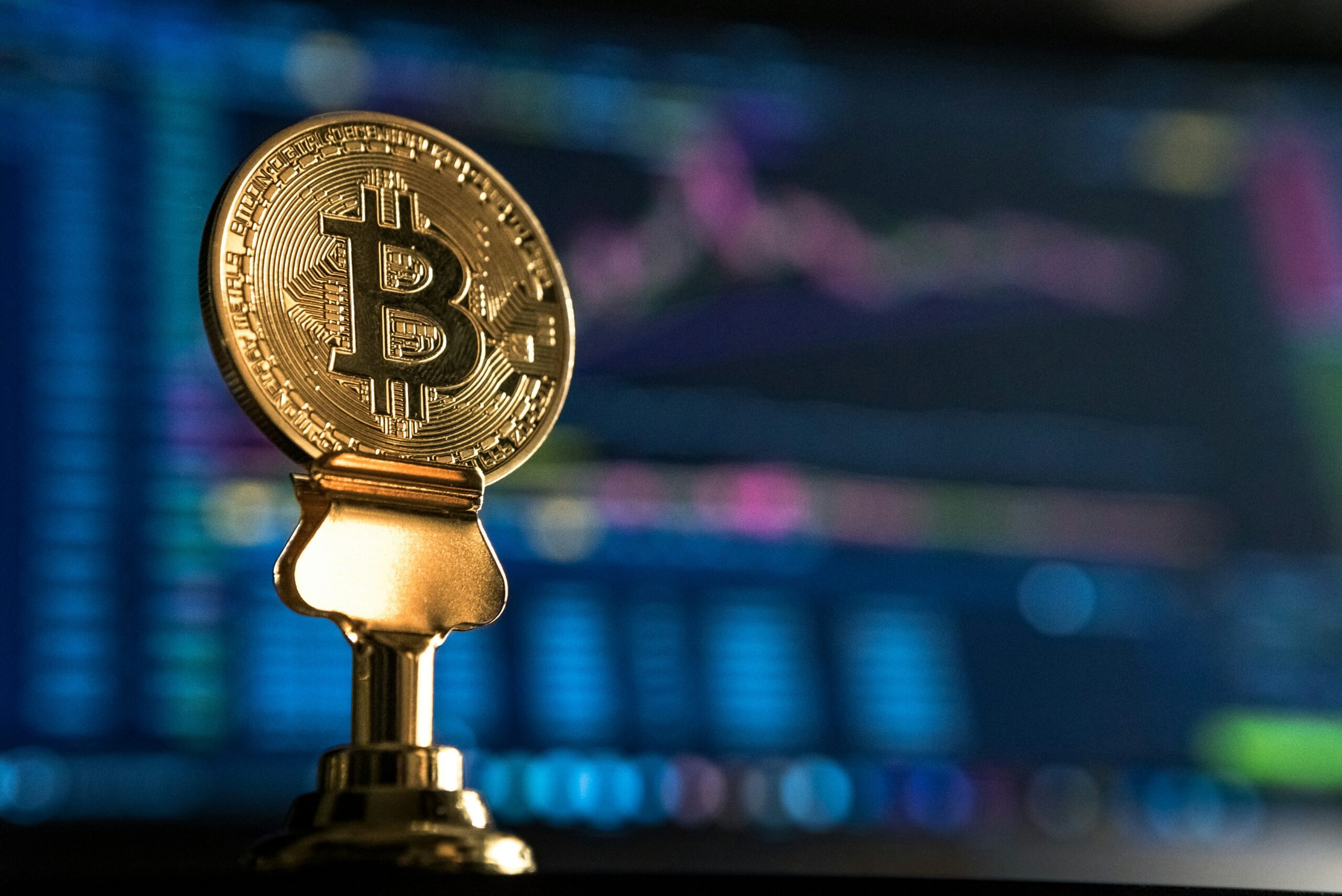Volatility, a word that has long been associated with the crypto industry, has declined significantly – at least when it comes to the market leading digital asset.
Bitcoin’s 12-month annualized volatility was down to a record low of 45% in January, marking a significant reduction since a high of 179% recorded in January 2012, according to data from Charlie Bilello, chief market strategist at wealth management firm Creative Planning.
Bitcoin's 12-month annualized volatility…
Jan 2012: 179%
Jan 2013: 68%
Jan 2014: 140%
Jan 2015: 81%
Jan 2016: 61%
Jan 2017: 49%
Jan 2018: 102%
Jan 2019: 85%
Jan 2020: 65%
Jan 2021: 85%
Jan 2022: 73%
Jan 2023: 63%
Jan 2024: 45%$BTC pic.twitter.com/Z2ZEeew1Yx— Charlie Bilello (@charliebilello) January 27, 2024
The decline in the 12-month annualized volatility figure comes even as the market saw an uptick in short-term volatility after the approval of spot Bitcoin exchange-traded funds (ETFs) earlier this month. According to analysts at Bitfinex, outflows from the Grayscale Bitcoin Trust (GBTC) ETF contributed to the increased volatility and market downturn.
However, Bloomberg ETF analyst James Seyffart and Galaxy Digital’s head of research Alex Thorn noted in a “The Last Trade” podcast earlier this month, that the approval of a spot Bitcoin ETF would likely curb volatility and shift investor behaviour towards a long-term holder mentality.
Seyffart pointed to the role of portfolio rebalancing, which could counter extreme market movements because investment advisers would need to maintain set allocations to the asset at quarterly or annual intervals.
Essentially, this means that advisers would sell off their Bitcoin holdings if the value of their assets rises to an outsized portfolio share, and buy more if the price of Bitcoin moves lower to maintain their target allocation.
Although a more stable crypto market would be a welcome development for most everyday retail investors and institutional investors, some traders still capitalize on volatility in the digital asset markets and view it as one of the positive features of a risk-asset like Bitcoin.
“Volatility is Bitcoin’s friend. The chances of quick over-sized gains are the motivation for buying,” wrote one user on X.



